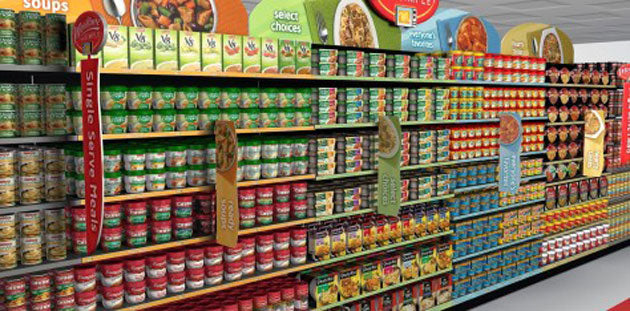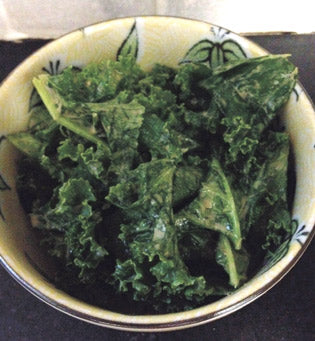Processed foods are not real. They actually aren't food in the sense that food is a biologically appropriate source of energy for the human body. They are food products or food commodities, just like jewelry/clothing/scented candles, they are engineered to appeal to one or all senses to make us want to consume them. Consume in both ways: to buy and to ingest.
Often we get hung up on food groups and try to reduce or limit sugar, fat, carbs, or protein. When it comes to processed foods the discussion is completely different. Food groups do not apply because whatever sugar, fat, protein, or carb you are getting out of processed food products, will be the most refined, chemically altered, cheap version of these macro-nutrients. Many common allergens are a result of this processing ie. gluten, soy, etc. because they are so far from their original whole food source. Our bodies respond to them as a toxin.
The marketing of these processed food products makes us believe we have a choice between healthy and unhealthy options, low fat, low sugar, low carb, high protein options, but truthfully this is just selective labeling telling you what you want to hear and leaving out the rest of the story. For example, most of the time when you see a "low fat" label, this really means "double the sugar". There is no choice. Mentally we may try to make those distinctions, but physically and chemically these food products are always a burden to your system. Are there degrees of this burden? Yes. Some processed food products are less damaging than others, but are they always damaging to some extent? Yes.
Tips:
- Labeling on boxes is misleading or very difficult to decipher in one way or another. It is marketing, not truthful information about what you are buying.
- Ignore the nutrition facts labels, they are a formality. They really do not mean much unless you go through complex mathematical equations only to come to the answer that the product has very little to no nutritional value. From now on, just assume that is status quo.
Read the ingredients and look for:
- Quantity of ingredients (more than 15? Probably on the higher end of the damaging scale)
- Ingredients go in order of volume, so the first few ingredients are what make up most of the food product.
You will notice on a lot of these food products some form of sugar, flour, oil, butter, and salt are in abundance.
- There are many words for white flour. Unless it says "whole wheat flour" exactly, it is white flour. Even when it says, "wheat flour", it is white flour. The same goes for the wording of sugars, dangerous chemicals like msg, fats, soy, and much more.
- Primarily look for the names of whole foods. If you start seeing words that are not easily pronounceable, or familiar to your everyday English language it is likely a more damaging processed food product.
Generally speaking, processed foods shouldn't be in our diets at all, but they taste great and are everywhere, so it is likely you will still eat them.
The goal is to:
- Meal plan so that you don't depend on them as a primary food source.
- When you do eat them, understand they are a treat and eat slowly, enjoy it, relax and breathe, and not only will you actually experience pleasure instead of guilt, you will eat less of it.
- Never try to justify eating processed food products by making unscientific analyses of this or that. Just except that it is a junk food and enjoy the times you choose to eat it.



